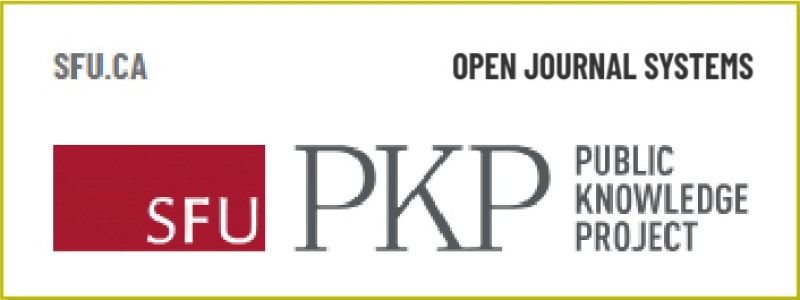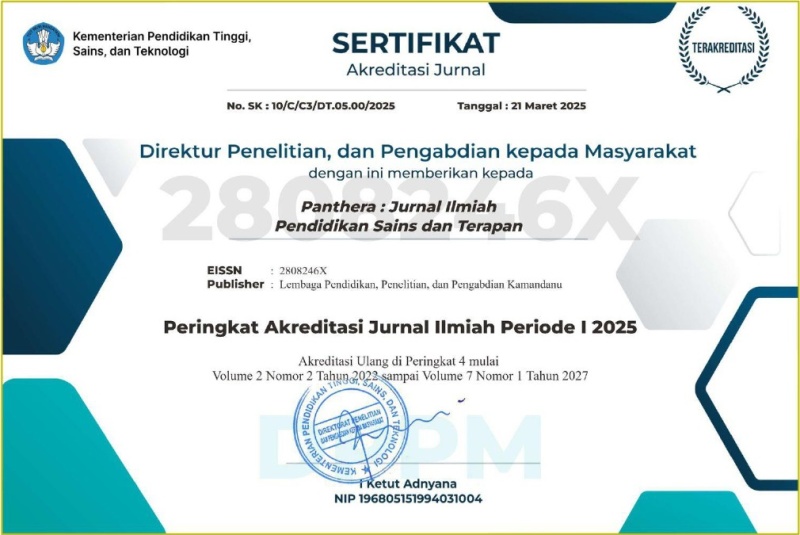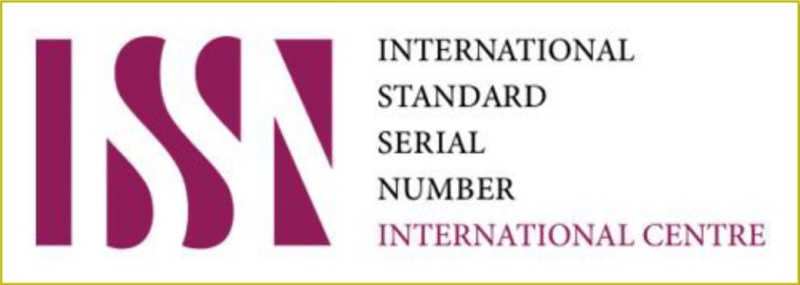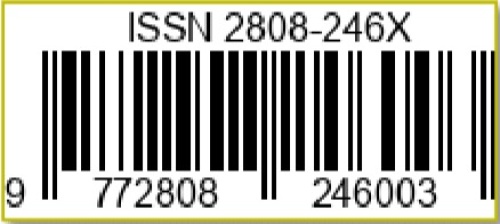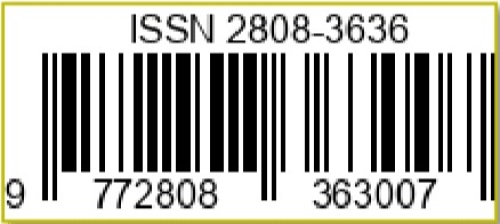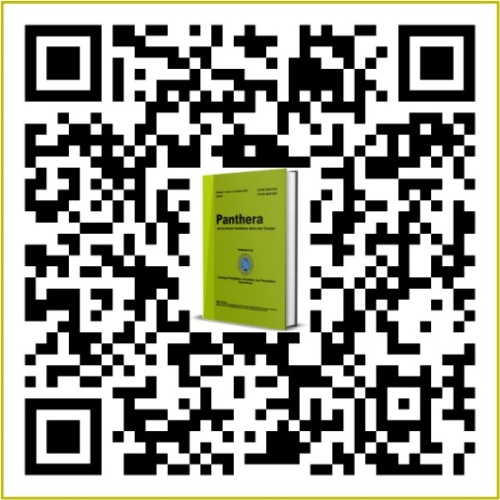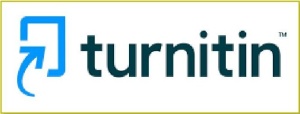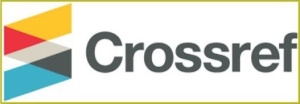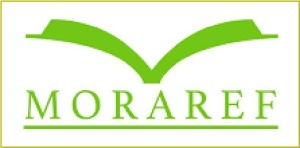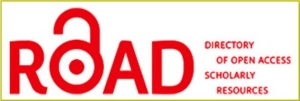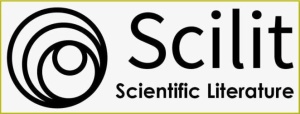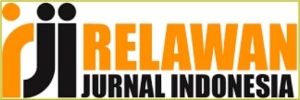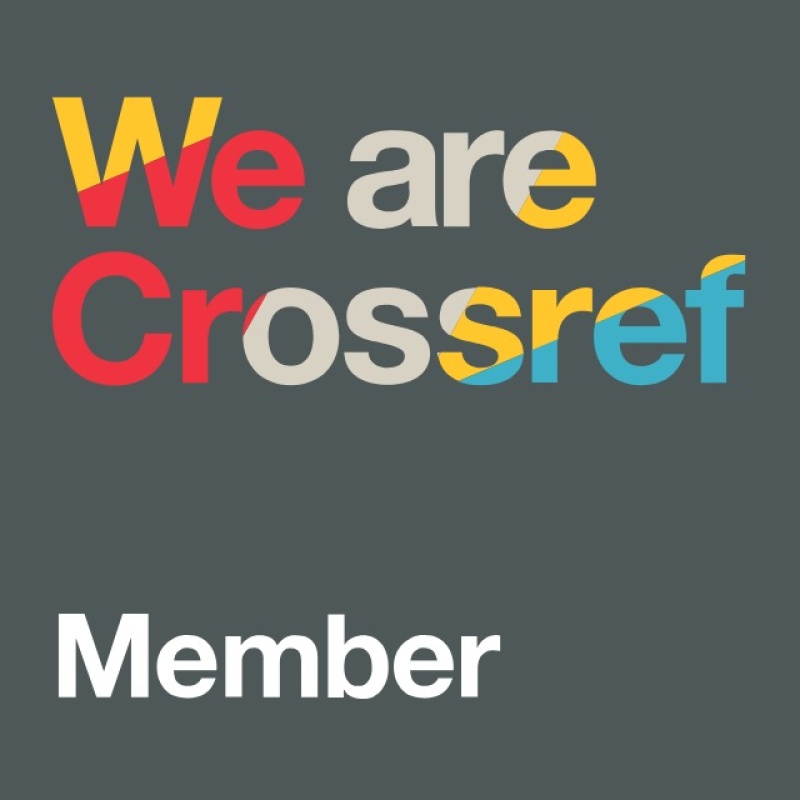Pengaruh Model Problem Based Learning (PBL) terhadap Kemandirian dan Hasil Belajar Kognitif Siswa
DOI:
https://doi.org/10.36312/panthera.v5i2.389Keywords:
Cognitive Learning Outcomes, Independence, Problem Based LearningAbstract
The purpose of this study was to: 1) determine the effect of the problem based learning model on students' learning independence; and 2) determine the effect of the problem based learning model on students' cognitive learning outcomes. This type of research is quasi-experimental with a population of all 6 classes of grade VII students at MTs. Nurul Hakim, Kediri District, West Lombok Regency. with a purposive sampling technique, VII D as the experimental class and class VII F as the control class. The instruments used were independence questionnaires and students' cognitive learning outcome test questions. Data collection techniques used pre-test and post-test. While data analysis used interpretation of learning independence categories and a t-test was conducted for cognitive learning outcomes. The results showed that the average value of the pre-test for student independence was 63.52 with a moderate category, and the post-test for student independence had an average value of 64.92 with a moderate category. Students' cognitive learning outcomes showed that the pre-test had an average value of 54.8 and the post-test had an average value of 63.44. The t-test results obtained a significance value of p = 0.04 <α = 0.05. Based on the results of this study, it shows that the problem-based learning model has an effect on the independence and cognitive learning outcomes of students at MTs. Nurul Hakim, Kediri District, West Lombok Regency.
Downloads
References
Damayanti, H. L., & Anando, A. A. (2021). Peran Guru dalam Menumbuh Kembangkan Kemandirian Siswa Melalui Pembelajaran Inkuiri. Jurnal Sinestesia, 11(1), 52-59. https://doi.org/10.53696/27219283.59
Fajriyah, L., Nugraha, Y., Akbar, P., & Bernard, M. (2019). Pengaruh Kemandirian Belajar Siswa SMP terhadap Kemampuan Penalaran Matematis. Journal on Education, 1(2), 288-296. https://doi.org/10.31004/joe.v1i2.66
Firdaus, F. M., Pratiwi, N. A., Riyani, S., & Utomo, J. (2021). Meningkatkan Kemandirian Belajar Peserta Didik Sekolah Dasar Menggunakan Model SOLE saat Pandemi Covid-19. Foundasia, 12(1), 1-8. https://doi.org/10.21831/foundasia.v12i1.37786
Lestari, B., Saleha, N., Richmasari, S., & Alfan, M. (2021). Implementasi Model Pembelajaran PBL Berbasis HOTS pada Pembelajaran IPA. Elementa : Jurnal PGSD STKIP PGRI Banjarmasin, 3(2), 1-14. https://doi.org/10.33654/pgsd.v3i2.1446
Lestari, D. I. (2020). Pengaruh Motivasi Belajar dan Kemandirian Belajar terhadap Hasil Belajar Matematika Siswa Kelas V SD Se-Dabin I Kecamatan Tegal Timur Kota Tegal. Thesis. Universitas Negeri Semarang (UNNES).
Lestari, K. E., & Yudhanegara, M. R. (2017). Penelitian Pendidikan Matematika. Bandung: PT. Refika Aditama.
Ngalimun, N. (2016). Strategi dan Model Pembelajaran. Yogyakarta: Aswaja Presindo.
Paradina, D., Connie, C., & Medriati, R. (2019). Pengaruh Model pembelajaran Problem Based Learning terhadap Hasil Belajar Siswa Kelas X. Jurnal Kumparan, 2(3), 169-176. https://doi.org/10.33369/jkf.2.3.169-176
Pramana, I. B. W., Fitriani, H., & Safnowandi, S. (2022). Pengaruh Metode Mind Map dengan Media Komik terhadap Minat Baca dan Hasil Belajar Kognitif Siswa. Biocaster : Jurnal Kajian Biologi, 2(2), 71-87. https://doi.org/10.36312/bjkb.v2i2.68
Rusmono, R. (2017). Strategi Pembelajaran dengan Problem Based Learning itu Perlu. Bogor: Ghalia Indonesia.
Silviawati, I., & Kurniawan, R. Y. (2023) Pengaruh Kemandirian Belajar, Lingkungan Keluarga, dan Motivasi Belajar terhadap Hasil Belajar. Eklektik : Jurnal Pendidikan Ekonomi dan Kewirausahaan, 6(1), 99-113. http://dx.doi.org/10.24014/ekl.v6i1.24126
Suciati, S., Septiana, I., & Untari, M. F. A. (2015). Penerapan Media Monosa (Monopoli Bahasa) Berbasis Kemandirian dalam Pembelajaran di Sekolah Dasar. Mimbar Sekolah Dasar, 2(2), 175-188. https://doi.org/10.17509/mimbar-sd.v2i2.1328
Sugiyono, S. (2010). Metode Penelitian Pendidikan : Pendekatan Kuantitatif, Kualitatif, dan R&D. Bandung: CV. Alfabeta.
Sugiyono, S. (2017). Metode Penelitian Kuantitatif, Kualitatif, dan R&D. Bandung: CV. Alfabeta.
Sugiyono, S. (2018). Metode Penelitian Kuantitatif, Kualitatif, dan R&D. Bandung: CV. Alfabeta.
Supiandi, M. I., & Julung, H. (2016). Pengaruh Model Problem Based Learning (PBL) terhadap Kemampuan Memecahkan Masalah dan Hasil Belajar Kognitif Siswa Biologi SMA. Jurnal Pendidikan Sains Universitas Negeri Malang, 4(2), 60-64. http://dx.doi.org/10.17977/jps.v4i2.8183
Syamsidah, S., & Suryani, H. (2018). Buku Model Problem Based Learning (PBL) Mata Kuliah Pengetahuan Bahan Makanan. Yogyakarta: Deepublish.
Undang-Undang Republik Indonesia Nomor 20 Tahun 2003 tentang Sistem Pendidikan Nasional. 2003. Jakarta: Pemerintah Republik Indonesia.
Downloads
Published
How to Cite
Issue
Section
License
Copyright (c) 2025 Izwaldi Islami, Septiana Dwi Utami, & Ismail Efendi

This work is licensed under a Creative Commons Attribution-ShareAlike 4.0 International License.
-
Attribution — You must give appropriate credit, provide a link to the license, and indicate if changes were made. You may do so in any reasonable manner, but not in any way that suggests the licensor endorses you or your use.
-
ShareAlike — If you remix, transform, or build upon the material, you must distribute your contributions under the same license as the original.


